In 2013, when Scott Gabrielson was in his early twenties, he was deeply shaken up by the news that the Rana Plaza factory in Bangladesh had collapsed, killing 1,130 people. “It was on the news a lot,” he tells Fast Company. “It gave me the first glimpse into the reality of the fashion industry.”
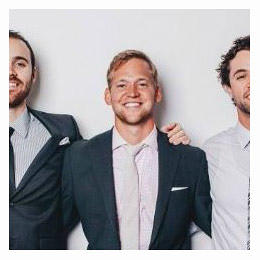
He was so fascinated, in fact, that he left his job in venture capital to attend the Said Business School at Oxford University, where he focused entirely on learning about the inner workings of the fashion world. What he discovered is that both ends of the spectrum—cheap fast fashion to luxury brands—have moved their manufacturing to large factories like the one in Bangladesh. “A lot of the traditional Western European brands were once family owned and focused on quality and exclusivity, since they were made in small batches in local factories,” he says. “But many had been bought by larger conglomerates like LVMH that are publicly owned and feel shareholder pressures.”
As he learned more, he discovered that there is not a lot of transparency in the manufacturing. Labeling practices are famously opaque: It is possible to make your product largely in Asia, then finish it off in Europe, and say your product is made in Italy or France. All of this makes it hard for the consumer to understand exactly what they are paying for. A $1,200 price tag on a bag no longer signals top-grade materials and craftsmanship.
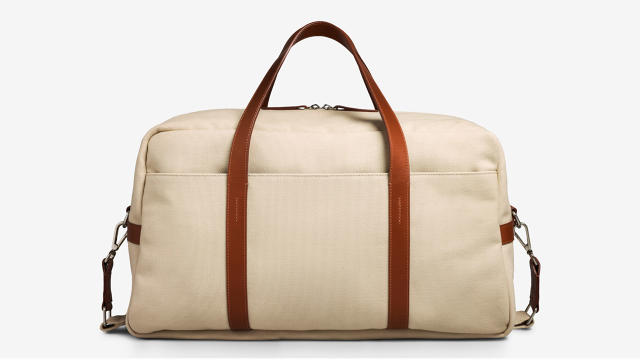
Gabrielson points out that not all items made in Asia are of poor quality, but there’s a higher likelihood that products will be glued together rather than stitched. “There’s a lot of elements that go into the quality of a product, from the stitching to the thread to how many stitches per inch to the type of leather,” he says. “These are things that you almost need to be trained to know. But the glue thing is very obvious and when we visited factories in Asia, you could smell glue in the air.”
Pondering all of this during his MBA studies, Gabrielson decided to build a bag business called Oliver Cabell that introduced transparency in the manufacturing process, as well as in the pricing. Oliver Cabell debuts today with two products, a canvas backpack for $240 and duffel bag for $285, both made in Italian factories from start to finish.
The bags are meant to be unisex and are deliberately simple in design. I had a chance to see one of the duffel bags, and the high quality of the stitching and materials is obvious. Gabrielson says that the company is continuing to design other bags that will roll out over the next months.
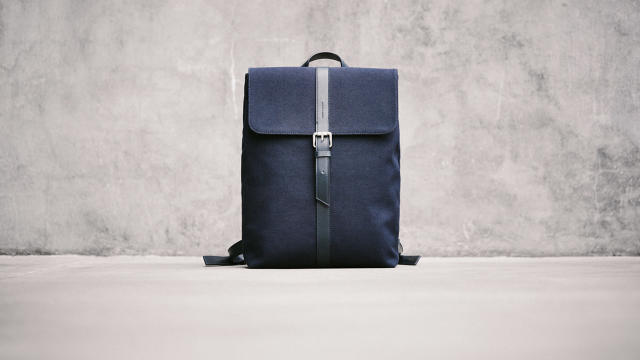
His brand is part of a growing trend. In 2011, Everlane launched with a similar approach. And since then, the shoe brand M.Gemi and the women’s fashion brand Cuyana both manufacture their products in European factories, without an enormous markup. Gabrielson sees Oliver Cabell as a peer to these other brands, offering bags and accessories comparable to other luxury brands at affordable prices. Like these other companies, Oliver Cabell is sold directly to the consumer through the web page, which also saves on brick-and-mortar overhead expenses, reducing the cost of the products.
“In our consumer research, we discovered that logo-ridden products are not what people are looking for anymore,” Gabrielson says. “People are not interested in status symbols as they once used to be. We are focused on extremely minimalistic and extremely functional design, with the best quality materials and craftsmanship.”
Related video: Rebecca Minkoff’s Store Of The Future Will Blow Your Mind
Fast Company , Read Full Story
Oliver Cabell launches today. Click on to see the products in the debut collection.
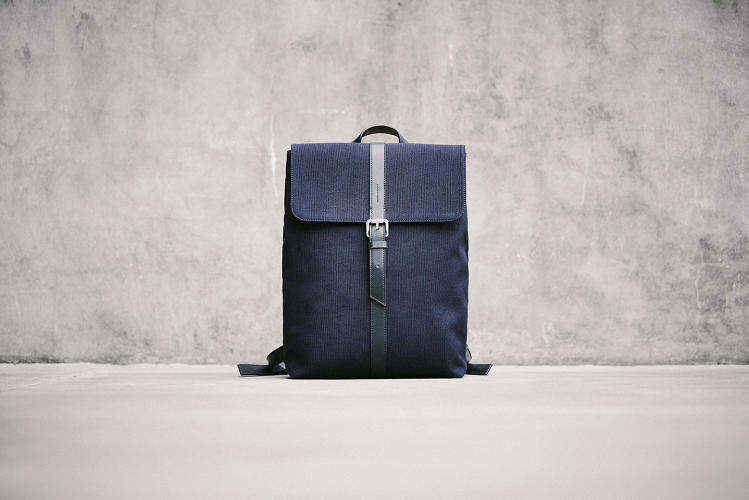
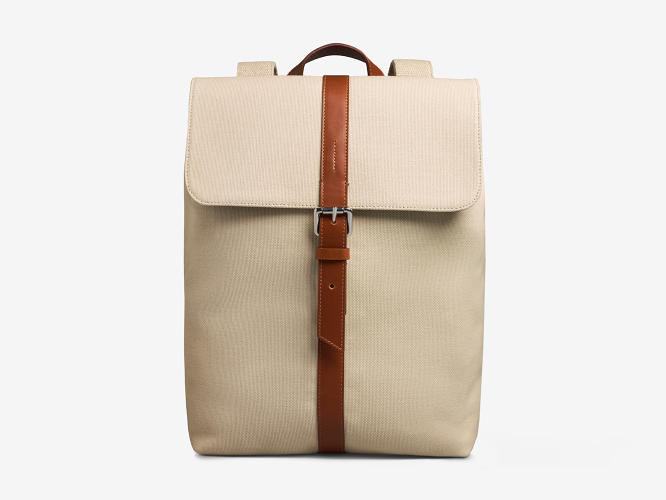
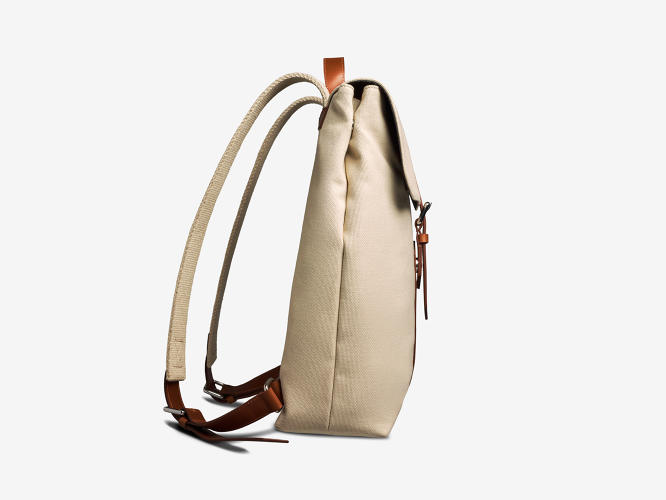
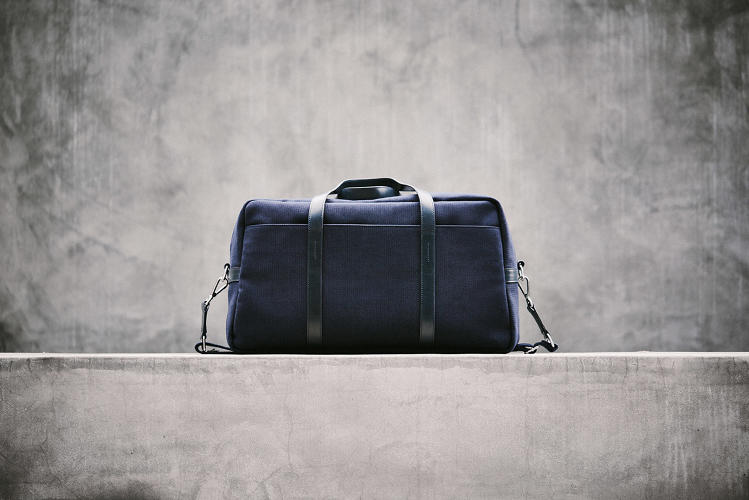
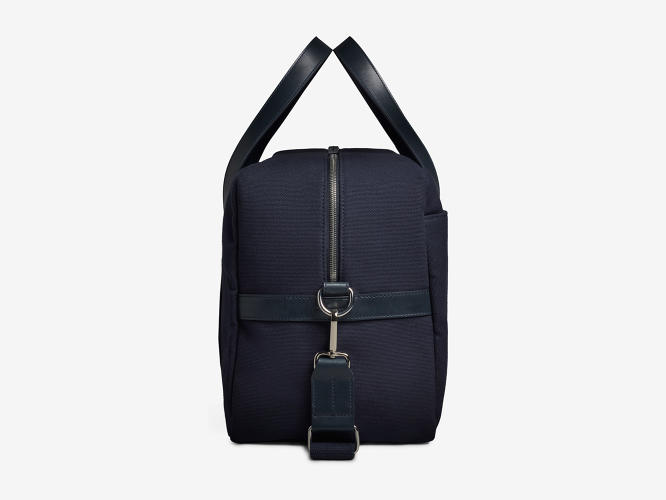
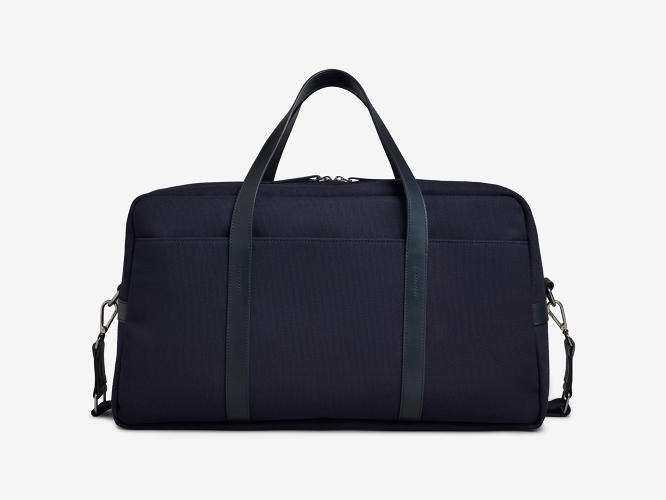
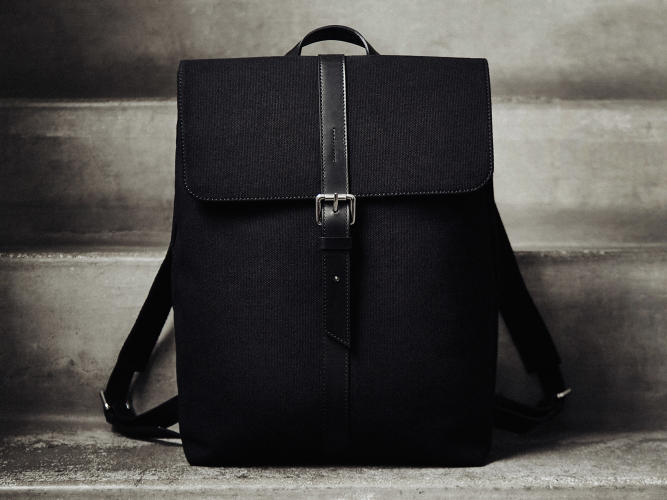
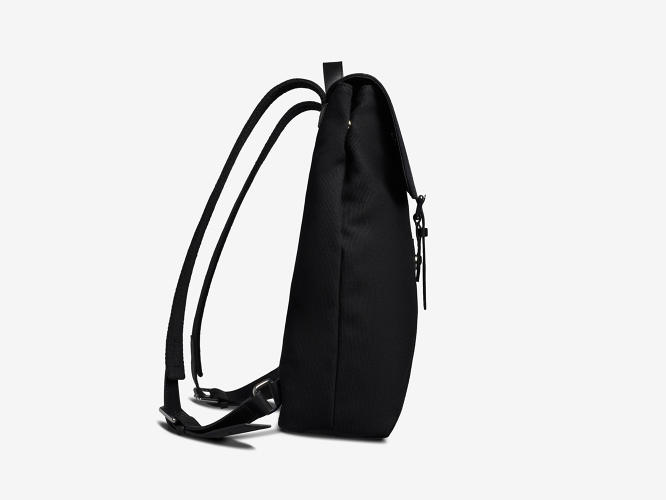
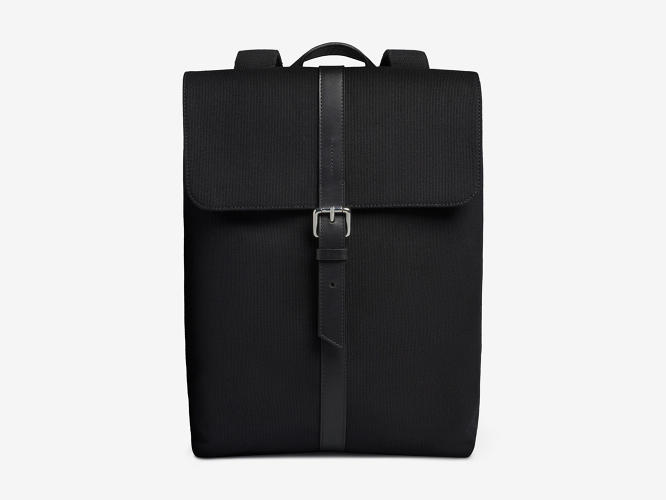
(27)